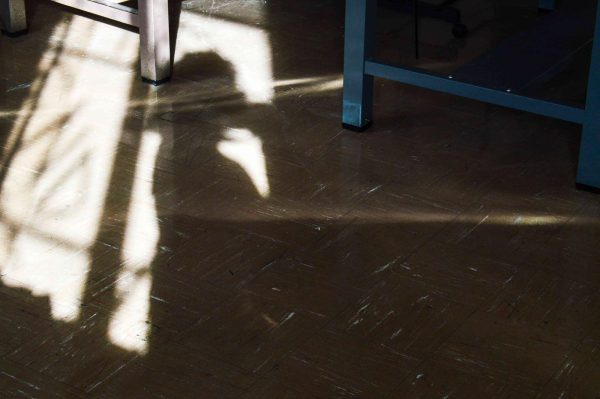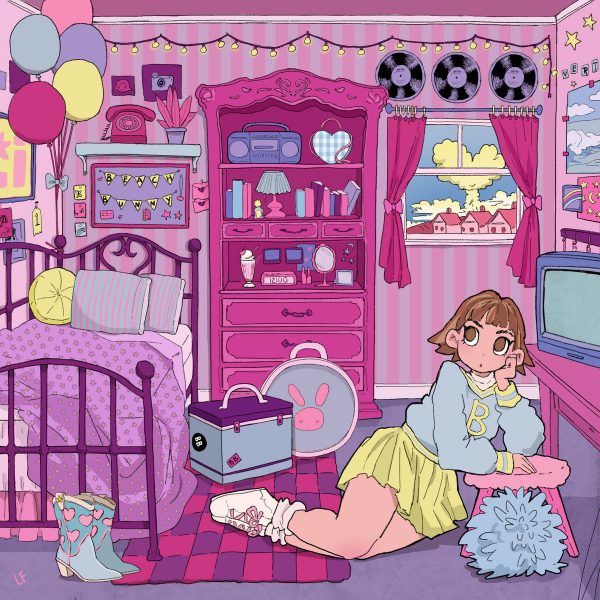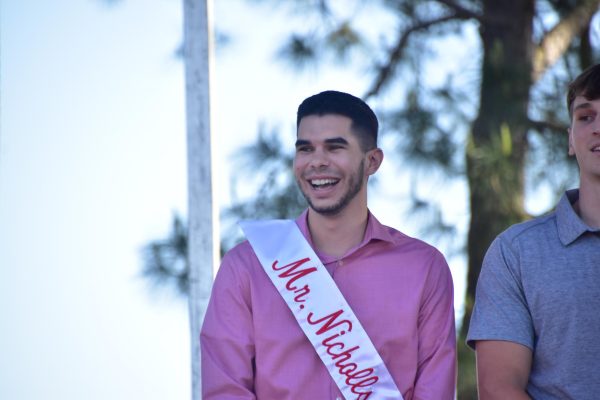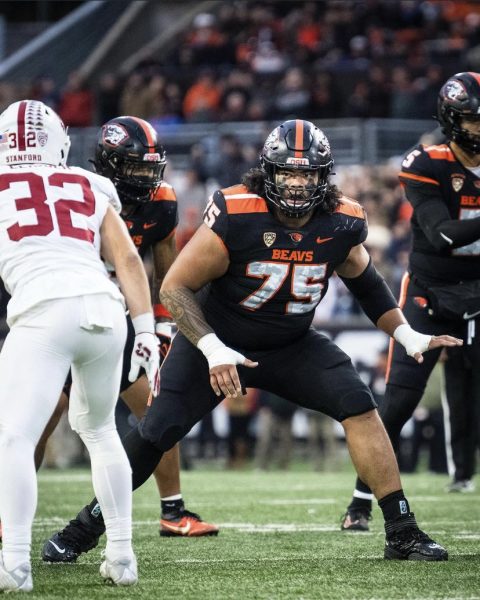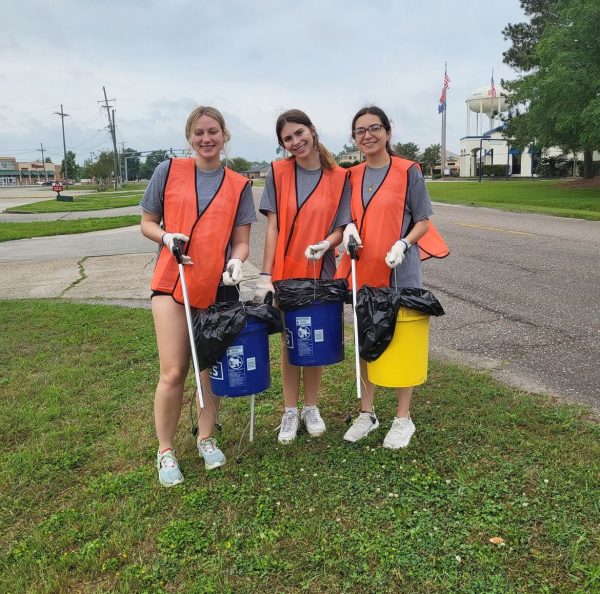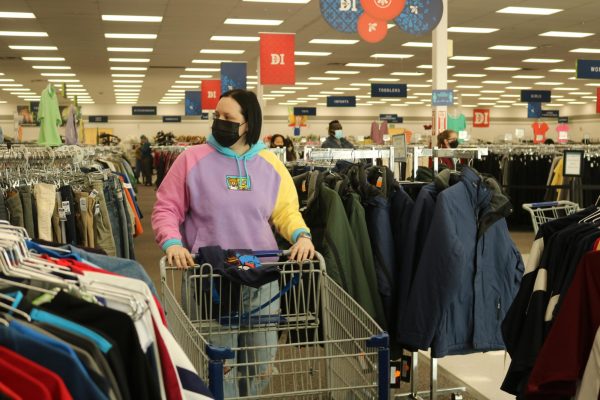Colorism in the black community and how it affects black women
Colorism is a topic that is not typically brought up in conversation, but many of us are well aware that it is an issue in the black community.
Colorism is a term for discrimination based on skin color among people of the same ethnic or racial group. It has been around since slavery. Lighter-skinned slaves were usually working in the house while darker-skinned slaves were assigned to work in the field. Because of the difference in how we were treated, it was assumed that light-skinned black Americans had a better socioeconomic status after Emancipation. Colorism is still alive in the black American community, as well as other cultures, but why are we still separating ourselves?
As a light-skinned black woman, I understand my privilege and why I experience racism differently than my friends who are darker than me. The difference in how we are treated sometimes causes animosity between us. I personally believe all black women are beautiful and we should not be treated differently because of our complexion, but the sad truth is we are. People typically tell me I think I’m better because I’m light-skinned or try to convince me that I’m not a real black woman, but these accusations are inaccurate. If I don’t reply to a text message from a guy, apparently it’s because I’m light-skinned and light-skinned girls don’t text back. I was teased as a child because of the fact that I looked different than most of the girls in my class. After having conversations with other black women about this topic, they explained to me why these unnecessary comments were made. It is because of the ridiculous idea that light-skinned women are more attractive than dark-skinned women simply because of their complexion. In women, the animosity is rooted in how differently we are treated.
Social media plays a tremendous role in this because of the #TeamLightSkin and #TeamDarkSkin hashtag. Instagram carried this hashtag along with memes that contained stereotypes of the two. There have also been tweets insinuating that mixed race and light-skinned babies are more beautiful than black babies. People post pictures of them with the hash tag “baby goals” and compare them to other black babies.
When Beyoncé’s daughter Blue Ivy was born, hateful people on twitter went on and on saying she isn’t attractive and “has bad hair” because of her kinkier texture and slightly darker skin. Although Blue may not be considered dark-skinned, people compared her to North West, Kim Kardashian’s daughter, saying North is more beautiful and is “baby goals.” These are both children, and people continue to try their hardest on social media to make an attempt at ruining a little girl’s self-esteem by making these cruel comments. Our children should not have to face the issue of colorism, but at the rate we’re going, it is a possibility.
Colorism is an issue in Hollywood as well. Viola Davis, protagonist in the ABC’s hit series How to get Away with Murder, explains why it’s such a big deal that she plays the role of an intelligent lawyer. She argues that dark-skinned women have to contend with the colorism hurdle to land quality roles.
During an interview, Davis said, “In the history of television and even film, I’ve never seen a character like Annalise Keating played by someone who looks like me. My age, my hue, my sex, she is a woman who absolutely culminates the full spectrum of humanity: our askew sexuality, or askew maternal instincts. She is all of that, and she is a dark-skinned black woman.”
It is important for us to come to an understanding to avoid this same hate in future generations. All black women are beautiful, no matter the shade. There is no need for us to put each other down. We should make each other more confident rather than separating ourselves based on skin tone.



